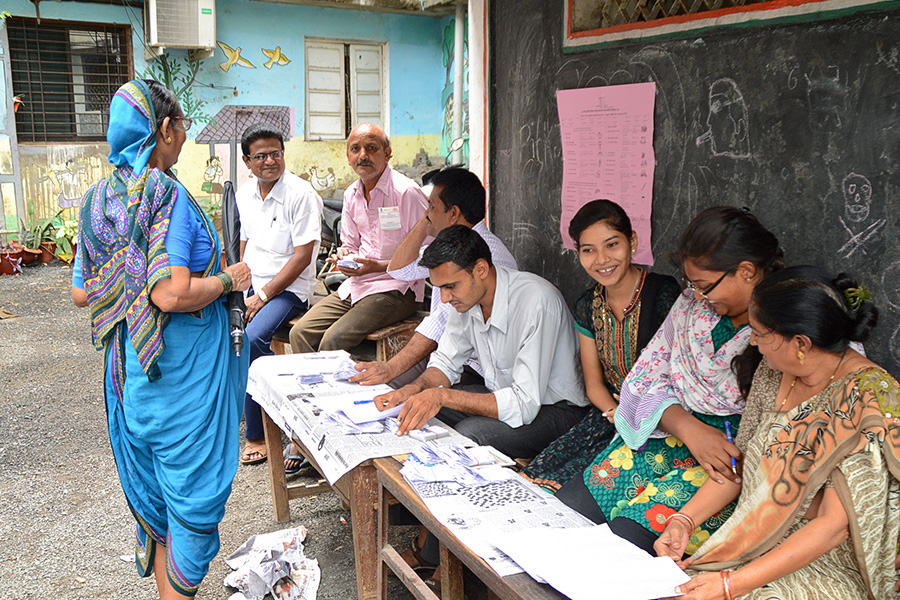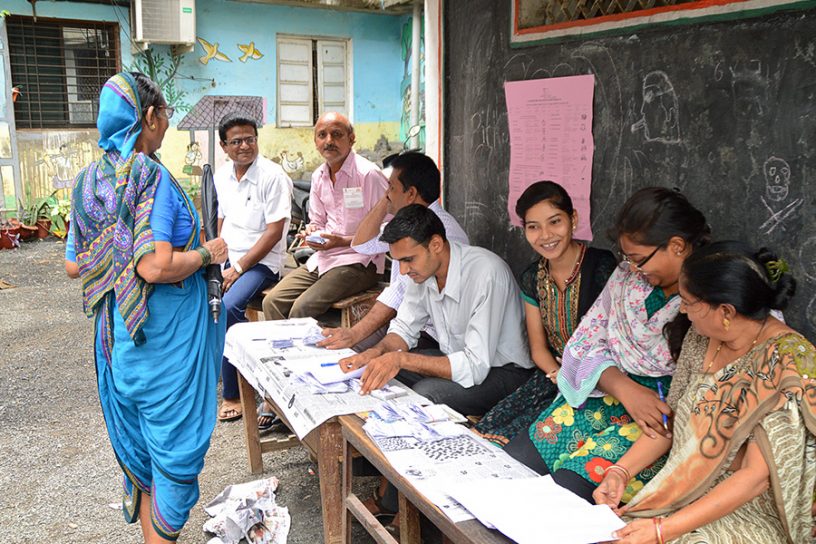
The research shows that high within-group economic inequality among deprived ethnic groups hinders the electoral success of parties that champion these groups, whereas high between-group economic inequality has the opposite effect.
Authors
Neeraj Prasad, The Fletcher School, Tufts University, Medford, MA, USA; Assistant Professor, Jindal School of International Affairs, O.P. Jindal Global University, Sonipat, Haryana, India.
H. Zeynep Bulutgil, Department of Political Science, University College London, London, UK.
Summary
What are the conditions that determine the electoral success of parties that champion deprived ethnic groups? What is the impact of within-group inequality on this outcome? Existing arguments focus on the role of institutions or the relationship between ethnicity and other social cleavages.
This paper contributes to the second approach by studying the impact of within-group as well as between-group inequality on ethnic voting. We use elections to state legislatures within India to control for institutional and historical factors that may influence ethnic voting. Using data from the National Sample Survey, we calculate inequality in consumption expenditure.
We show that high within-group economic inequality among deprived ethnic groups hinders the electoral success of parties that champion these groups, whereas high between-group economic inequality has the opposite effect. Our findings also identify a potential causal mechanism (preference heterogeneity) that might link within-group inequality to ethnic voting.
Published in: Journal of Elections, Public Opinion and Parties
To read the full article, please click here.


